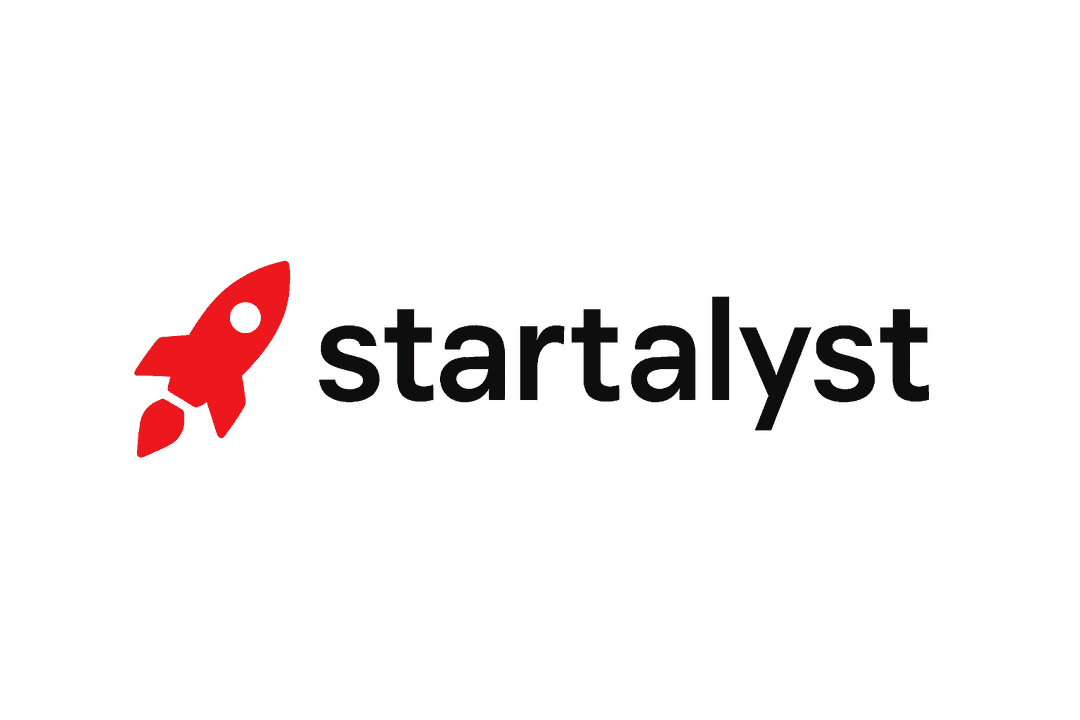Farming Business Ideas Starter Guide
How to Get the Best Results
Start by being specific about what land, tools, and market access you already have. Small differences in water access, storage, or a roadside stand change which farming business ideas will be profitable.
Run a quick two-week pilot for any idea that sounds promising, sell to neighbors and one local market, and track input costs versus sales. Use those real numbers to prioritize ideas before spending on equipment or wide marketing.
Step 1 — Who are you?
Pick the background that most closely matches your situation; each one points to different low-risk entry paths for farming business ideas.
- Family farm with existing pasture — animal husbandry — You can expand into pasture-raised eggs or niche meat cuts with minimal new infrastructure.
- Urban gardener with a garage or basement — microgreens — You can produce high-margin salad greens on racks and sell to restaurants and subscription customers.
- Chef who rents land seasonally — fermentation — You can create branded pickles and condiments and test them in your own restaurant first.
- Retired agronomist with deep soil knowledge — soil management — You can consult locally and offer soil-testing plus regenerative transition packages to other farmers.
- Weekend hobbyist with a small plot — seedling propagation — You can sell hardened-off vegetable starts in spring at farmers markets and to community gardeners.
- Small acreage with high foot traffic — on-farm events — You can host workshops and farm dinners to diversify income away from crops alone.
- Hobby beekeeper on rented land — apiary management — You can add artisanal honey jars and pollination services for orchards in season.
Step 2 — Add interests & skills
Choose the practical skills and interests you enjoy; they translate directly into business models and marketing angles for farming business ideas.
- pasture management You can convert marginal fields into rotational grazing plots for higher-value livestock production.
- greenhouse growing You can extend seasonality and offer early spring transplants or winter salad subscriptions to local buyers.
- microgreens You can produce dense cash flow in small spaces and test flavor mixes with chefs.
- mushroom cultivation You can use shaded space and sawdust to make gourmet mushrooms that sell at premium prices.
- value addition You can turn surplus produce into preserves, sauces, or dried products to stretch margins and shelf life.
- direct sales You can build a farmers market stall or online CSA page to keep customer relationships and higher margins.
- fermentation You can differentiate products with unique flavors and reduce waste by preserving imperfect produce.
- soil science You can create soil amendment blends and training courses for small-scale growers in your region.
- beekeeping You can diversify with honey, wax products, and small-scale pollination contracts.
- CSA coordination You can structure predictable weekly revenue and deepen community ties through member communications.
- on-farm education You can monetize farm tours, school visits, and hands-on workshops for families and gardeners.
- digital marketing You can use social media and local email lists to sell preorders and subscriptions for seasonal boxes.
Step 3 — Set available capital
Match your starting capital to realistic first moves. Lower budgets favor labor-intensive or knowledge-based ideas, while higher budgets let you buy durable equipment that scales.
- ≤$200 Focus on microgreens, seedling sales, small value-added products like pickles, or hosting paid workshops using existing space.
- $200–$1000 Add a simple cold box, build a low tunnel or hoop house, start a small flock for eggs, or buy a grain mill for small-batch flours.
- $1000+ Invest in a greenhouse, a used tractor or ATV, commercial processing equipment, or a refrigerated van to expand market reach.
Step 4 — Choose weekly hours
Estimate the weekly time you can reliably commit; many farming business ideas hinge more on consistent hours than on big money up front.
- 1–5 hours You can manage microgreens, niche value-added jars, or run an online CSA signup and local pickup system.
- 6–15 hours You can run a farmers market stall, raise a small flock for eggs, or operate a part-time greenhouse and fulfillment schedule.
- 15+ hours You can manage diversified vegetable production, on-farm events, or herd-based enterprises that require daily care.
Interpreting your results
- Cross-reference the background, skills, capital, and hours you selected to find candidates that appear in multiple categories. Those overlaps are your fastest routes to market.
- Prioritize ideas that match seasonal demand in your area; vegetables and events are highly seasonal, while honey, dried goods, and subscriptions smooth cash flow.
- Run low-cost pilots to validate price points and customer interest before buying equipment. A single weekend market or 20 preorders tells you more than a business plan alone.
- Think in 90-day cycles: refine one product, document costs and labor, and then decide whether to scale or switch. That rhythm prevents sunk-cost decisions.
- Plan simple marketing channels first: farmers markets, chef relationships, local food co-ops, and an email list. These deliver repeat buyers and useful feedback faster than broad advertising.
Use the generator above to iterate on your choices and create a short list of farming business ideas you can test this season.
